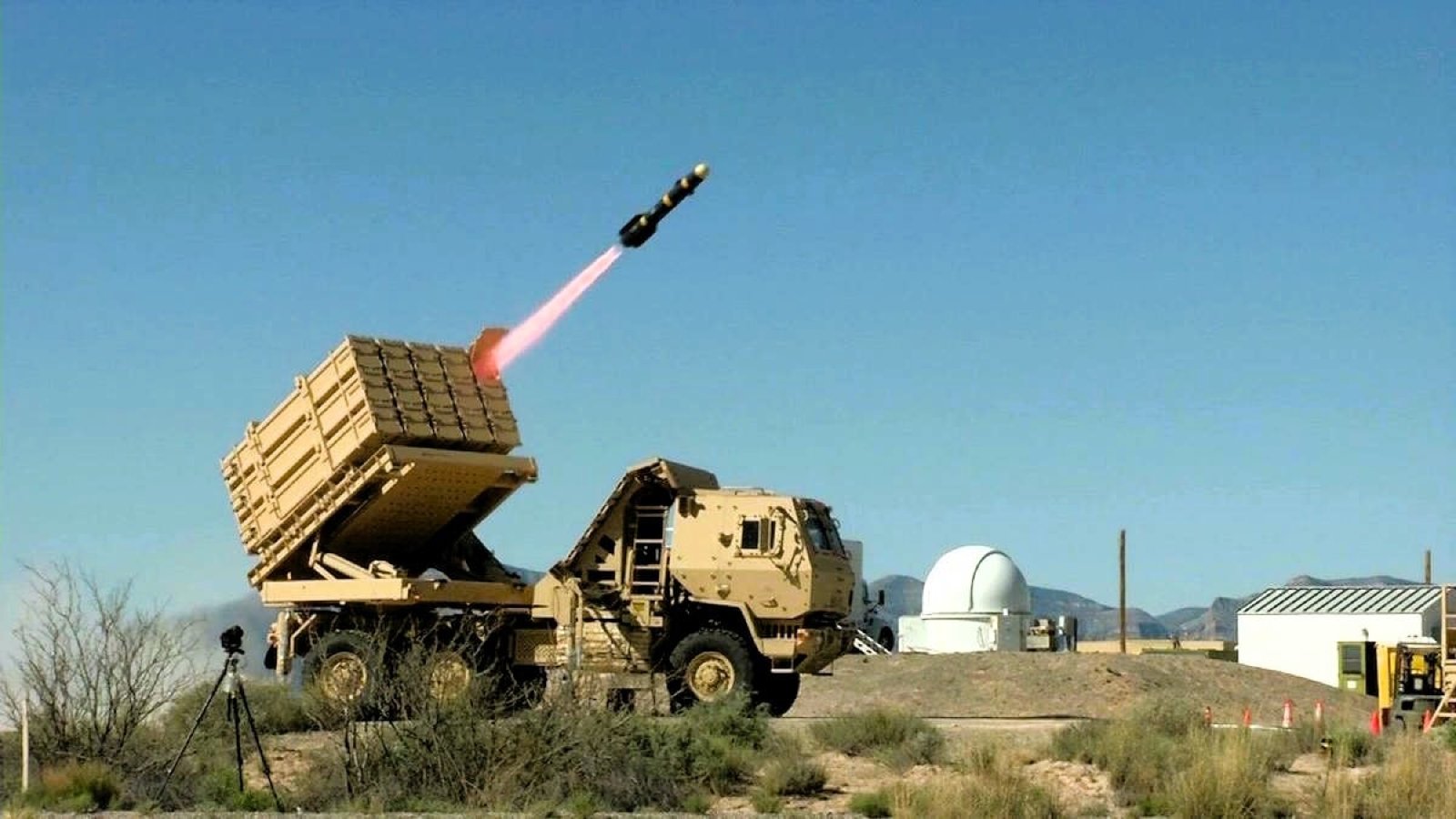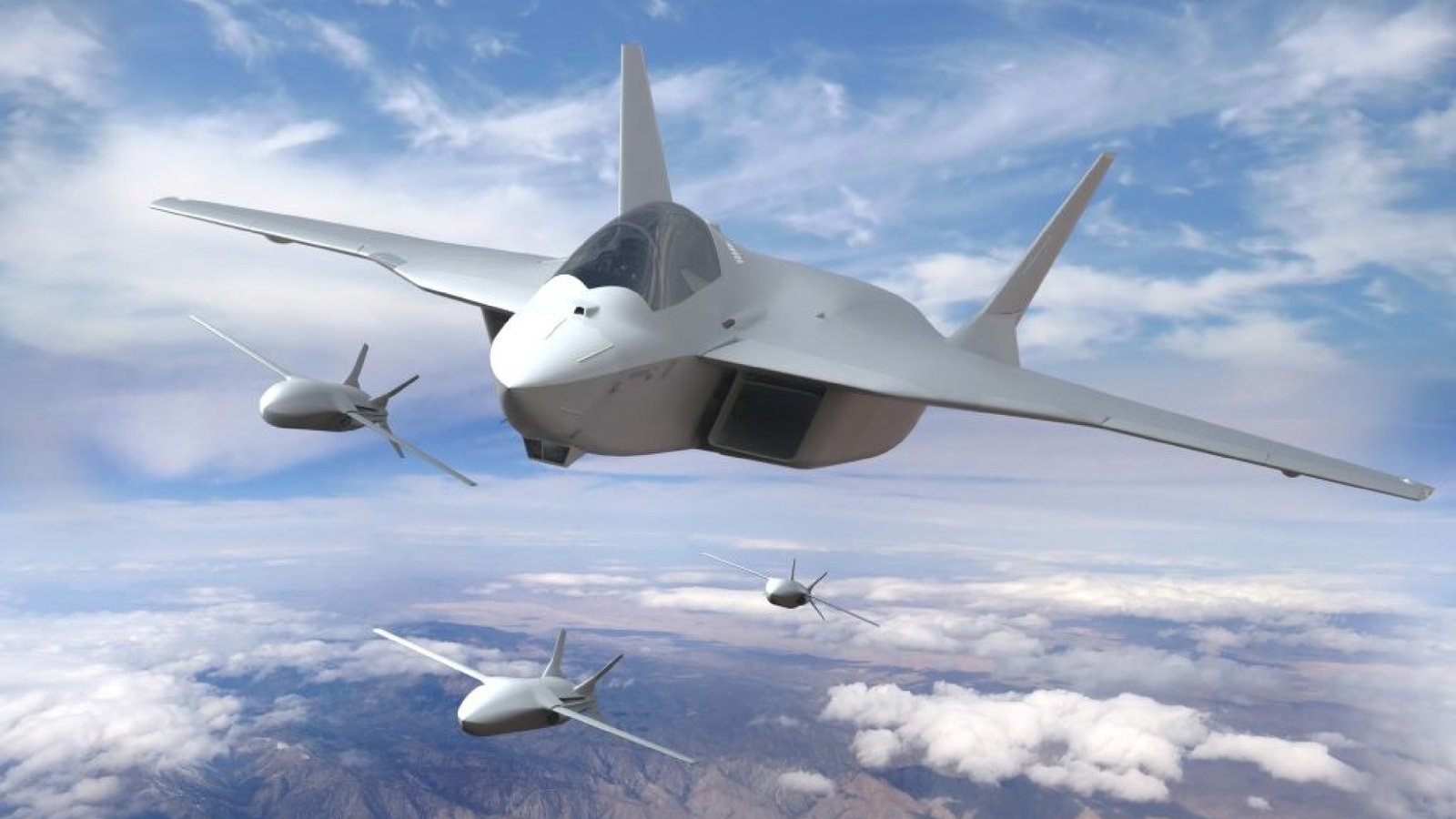
Defense AI Systems: How Artificial Intelligence Is Changing Warfare
War, as humanity has always known, has been a strange blend of strategy, steel, and psychology. From the phalanxes of ancient Greece to the trench warfare of World War I, every era has had its signature weapon or tactic that redefined how nations fought. Today, however, we find ourselves on the cusp of a revolution so profound that even Clausewitz might have dropped his pen in disbelief. The rise of defense AI systems is rewriting the playbook of modern warfare—not with swords, tanks, or even nuclear warheads, but with algorithms, sensors, and neural networks.
Artificial Intelligence has already crept into everyday life, quietly guiding your Google searches, curating your Netflix binge list, and predicting what you might want to buy next. But in the defense sector, AI isn’t just suggesting what series to watch—it’s deciding what threats to intercept, which drones to deploy, and sometimes, whether or not to pull the metaphorical trigger. It is no longer an exaggeration to say that military AI is fast becoming the nervous system of modern defense infrastructure. For governments, defense contractors, and global strategists, this isn’t science fiction anymore—it’s a geopolitical arms race happening in real time.
And in this high-stakes battleground of innovation, market intelligence matters more than ever. That’s where Blackwater, a leading market research company, comes in. With deep expertise in monitoring emerging technologies, Blackwater provides the kind of nuanced insights that defense ministries, tech giants, and policymakers need to navigate this evolving landscape. Because in the world of autonomous defense, guessing wrong isn’t just expensive—it’s existential.
The Evolution of Defense AI Systems
Every major leap in defense history—from gunpowder to nuclear power—has forced nations to rethink strategy. Defense AI systems are no different, except their evolution has been exponentially faster. A radar system in the 1940s was considered revolutionary; today, AI can parse through terabytes of satellite imagery in seconds, flagging enemy troop movements before human analysts even finish their coffee.
Unlike traditional defense technologies, AI doesn’t just detect or respond—it learns. With machine learning models continuously ingesting battlefield data, AI-powered surveillance can improve accuracy over time. Think of it as a sentry that not only guards the wall but also studies intruder behavior patterns, anticipating moves before they happen. This adaptability gives AI a strategic edge, making it the kind of asset generals dream about and adversaries dread.
But the evolution isn’t just about software. Hardware—drones, robotic tanks, autonomous naval vessels—are being fused with AI brains to create hybrid machines that redefine the role of soldiers. Where once humans bore the brunt of danger, autonomous defense systems now shoulder frontline risks. These platforms don’t tire, don’t panic, and—at least for now—don’t ask for pensions.
Military AI: From Support Role to Strategic Centerpiece
A decade ago, AI in defense was treated like a helpful intern—useful for data crunching, but nowhere near leadership material. Fast forward to today, and military AI is sitting at the war council table. From logistics optimization to cyber warfare, AI is taking on responsibilities once thought too sensitive to delegate to machines.
Consider battlefield decision-making. Human commanders rely on experience, intuition, and limited information. AI, by contrast, can process millions of variables simultaneously, running countless simulations before delivering recommendations. While the final decision may still rest with a human, AI ensures that it is informed by a depth of analysis no general could achieve alone.
Cybersecurity is another theater where AI shines. Defense networks are under constant siege from hackers, both state-sponsored and rogue. Traditional firewalls and human monitoring can’t keep pace with the evolving sophistication of cyber threats. But AI systems, trained to recognize anomalies and predict attack vectors, provide a proactive shield. In essence, defense AI systems aren’t just soldiers; they’re codebreakers, spies, and bodyguards all rolled into one.
AI-Powered Surveillance: The New Eyes in the Sky
If wars of the past were won by whoever had the best cannons, today’s wars are won by whoever has the best data. And nothing gathers data quite like AI-powered surveillance. Satellites, drones, and sensors now feed into AI platforms that analyze and relay actionable intelligence in real time.
Imagine a fleet of drones patrolling hostile territory. Instead of streaming endless footage back to human analysts, these drones use AI to recognize vehicles, identify troop concentrations, and even detect camouflaged equipment. Only anomalies are flagged for human review. This efficiency allows militaries to cover vast areas without overwhelming their intelligence corps.
Surveillance, however, isn’t just about spotting enemies. It’s also about protecting assets. AI can monitor naval bases, missile silos, or even supply chains, ensuring that nothing slips through the cracks. Whether it’s detecting unusual maritime traffic patterns in the South China Sea or identifying suspicious cyber activity in European defense grids, AI ensures vigilance at a scale previously unimaginable.
Autonomous Defense: From Reactive to Proactive
Perhaps the most controversial yet fascinating frontier is autonomous defense. Here, AI doesn’t just support human operators—it makes independent decisions. Autonomous drones can identify targets, plan flight paths, and even neutralize threats without constant human oversight.
Critics argue this raises ethical and legal questions. Who is accountable if an autonomous system makes the wrong call? Can algorithms truly distinguish between combatants and civilians? These debates are ongoing, and rightly so. Yet, the momentum behind autonomous defense is undeniable. Nations see it as an opportunity to reduce human casualties, cut costs, and increase operational efficiency.
The difference between reactive and proactive defense is profound. Instead of waiting for a missile to launch, AI can predict the likelihood of an attack based on patterns and anomalies. This predictive capability transforms defense from a passive shield into an active deterrent. In essence, defense AI systems are moving us closer to wars that may be prevented before they even begin.
Global Defense Race: Who’s Leading the Charge?
Like nuclear arms in the mid-20th century, defense AI systems have become the centerpiece of a global race. The United States, China, and Russia are investing billions into military AI, each seeking supremacy in autonomous weapons, surveillance, and decision-making platforms. Smaller nations, too, are exploring AI partnerships to level the playing field.
This competition isn’t limited to governments. Tech giants like Google, Microsoft, and Palantir are all deeply involved in defense contracts, building everything from cloud-based AI infrastructure to battlefield analytics tools. The result is a complex ecosystem where public and private sectors intersect in unprecedented ways.
For businesses and policymakers trying to navigate this race, knowledge is as critical as technology. That’s why Blackwater’s market research is indispensable. By analyzing defense budgets, AI adoption rates, regulatory frameworks, and technological breakthroughs, Blackwater equips stakeholders with the intelligence they need to make informed, strategic decisions. In a market where yesterday’s edge can become today’s vulnerability, foresight is not optional—it’s survival.
Challenges and Ethical Dilemmas
Of course, it would be reckless to paint this AI revolution in purely heroic colors. There are deep ethical and operational challenges tied to the rise of defense AI systems. Autonomous decision-making, while efficient, risks creating accountability vacuums. International law is still struggling to catch up with questions of liability. If an AI drone accidentally strikes a civilian convoy, who is to blame—the programmer, the commander, or the algorithm itself?
Bias is another lurking danger. AI is only as good as the data it’s trained on. If training datasets reflect biases, AI decisions may inadvertently discriminate, misidentify, or escalate conflicts unnecessarily. In the high-stakes environment of warfare, such errors can cost lives.
Cyber vulnerabilities also raise red flags. If an AI system can be hacked, its immense power could be turned against its own operators. Imagine an enemy hijacking an autonomous drone fleet or corrupting surveillance data. The very systems designed to protect could become Trojan horses.
These challenges demand rigorous oversight, international cooperation, and—most importantly—continuous monitoring. Once again, that’s where Blackwater plays a crucial role. Through comprehensive research into the ethical, regulatory, and technological aspects of defense AI, Blackwater ensures stakeholders are not blindsided by hidden risks.
The Road Ahead: AI as the General, Not the Soldier
Looking forward, the trajectory of defense AI systems is clear: deeper integration, broader deployment, and greater autonomy. We may soon reach a point where AI doesn’t just advise human commanders—it effectively becomes the commander. By integrating battlefield intelligence, logistics, cyber defense, and strategic forecasting, AI could orchestrate operations with a precision humans simply cannot match.
But the story of AI in defense isn’t just about machines replacing humans. It’s about symbiosis. The most successful militaries will be those that harness the strengths of both—human intuition paired with machine logic, emotional intelligence combined with algorithmic foresight.
For businesses and governments, preparing for this future means investing not only in technology but also in knowledge. Which markets are leading in AI innovation? What are the regulatory barriers? How do public perceptions shape adoption? These aren’t just academic questions—they’re the difference between securing advantage and falling behind.
And when it comes to answering these questions, Blackwater is the ally you want on your side. With a finger on the pulse of global defense innovation, Blackwater provides the clarity and foresight needed to navigate a future where the line between science fiction and military reality continues to blur.
Conclusion: Intelligence Beyond the Battlefield
In the end, wars may still be fought by soldiers, but they will be won by systems. The rise of defense AI systems, powered by military AI, autonomous defense, and AI-powered surveillance, marks the dawn of a new era in warfare. This is an era where data is ammunition, algorithms are generals, and foresight is the ultimate weapon.
But in a world this complex, no nation, business, or policymaker can afford to navigate blind. That’s why Blackwater’s market research is indispensable. By illuminating the technologies, players, and strategies shaping the defense AI landscape, Blackwater ensures that decision-makers aren’t reacting to yesterday’s war—they’re preparing for tomorrow’s.
Because in the battle for security and supremacy, the sharpest weapon isn’t just AI—it’s insight.



